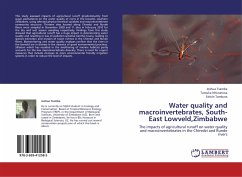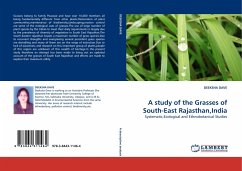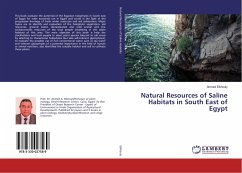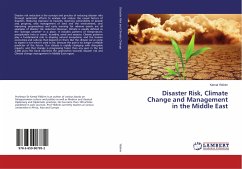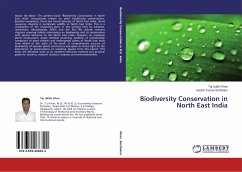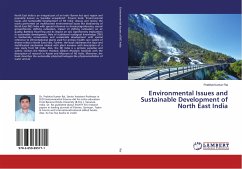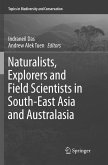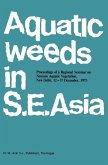This study assessed impacts of agricultural runoff (predominantly from sugar plantations) on the water quality of rivers in the lowveld, southern Zimbabwe, using selected physico-chemical variables and macroinvertebrate community structure. Thirteen sites located along Chiredzi and Runde Rivers were sampled in November 2009 and 11 sites in February 2010 for the dry and wet season sampling respectively. Findings from this study showed that agricultural runoff has a huge impact in deteriorating water quality and resulting in loss of pollution-sensitive benthic fauna, leading to species extinction and erosion of taxon richnes in the Chiredzi and Runde Rivers. Biomonitoring and water quality analyses confirm that the rivers in the lowveld are in distress in the absence of good environmental practices. Siltation which has resulted in the smothering of riverine habitats partly accounts for the low macroinvertebrate diversity. There is need for urgent measures that include changes to more environmental friendly irrigation systems in order to reduce the level of impacts.
Bitte wählen Sie Ihr Anliegen aus.
Rechnungen
Retourenschein anfordern
Bestellstatus
Storno

